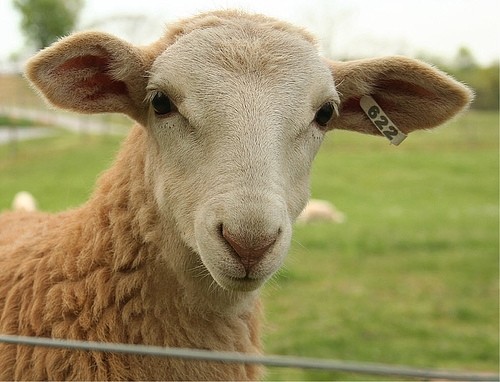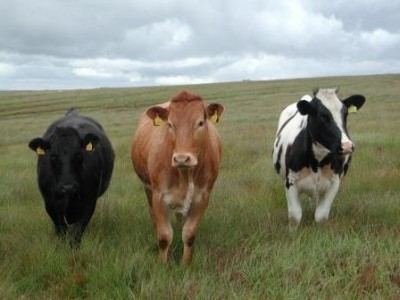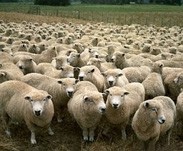Kiwi sheep meat faces EU blues, says report

According to Sheep meat – full cup, steady hand, a report by Rabobank, sheep meat producers have been enjoying strong farmgate returns over the last two seasons as a result of retail price increases and limited supply availability.
But now, a 'steady hand' willbe required by the producers to balance future production levels, with demand uncertainty across the European markets as consumers feel the pressure of rising food costs against wage stagnation.
EU crisis spells trouble for Kiwi sheep meat
European countries such as the UK and Germany - key export destinations for New Zealand sheep meat - pose challenges for future demand, the report said.
As EU countries seek to restore balance to their economies, policy changes are expected to place increasing pressure on consumer purchasing powers.
Hayley Moynihan, senior analyst at Rabobank, told FoodNavigator-Asia that the increased cost of living for the average EU consumer is likely to exceed any growth in income – at least for the next 12 to 24 months.
“Added to this, annual food price inflation is running at 3% and has been above total inflation since November 2011. Meat price inflation has led the charge, averaging 4.5% year-on-year, with eastern European countries experiencing increases as high as 10% in 2011,” she said, predicting slow recovery through to the end of 2013.
“Consumers in these markets will have to contend with protracted low real wage growth, which will limit sheep meat demand growth and the potential for extracting further value gains.”
Emerging markets will still grow
According to Moynihan, emerging markets will continue to grow, albeit below the rate of previous years, and offer opportunities for sheep meat demand growth going forward.
“European economic uncertainty provides a greater risk due to the high value of the European sheep meat market and the volume consumed in that market,” she said.
“Whereas Asian economic deceleration provides a risk of limited future potential growth - growth rates may be lower.”
Asked if within Asia, there would be some pockets brighter than others, Moynihan said it would vary depending on the economic conditions in each country and their tastes and preferences for sheep meat within local cultures.
“From this perspective China and some countries through South Asia provide the most potential demand,” she said.
Moynihan pointed out that the sheep meat sector in NZ already benefits from more favourable tariff rates under the Free Trade Agreement with China. “The tariffs on NZ exports have already reduced from 15% to 6.7% and tariffs will be eliminated completely in 2016 and trade volumes have increased substantially.”
“The proposed FTA with India will be dependent on what is agreed, but any potential for market access would provide for greater export opportunities for NZ and provide greater availability of sheep meat for consumers in India,” she said.
















